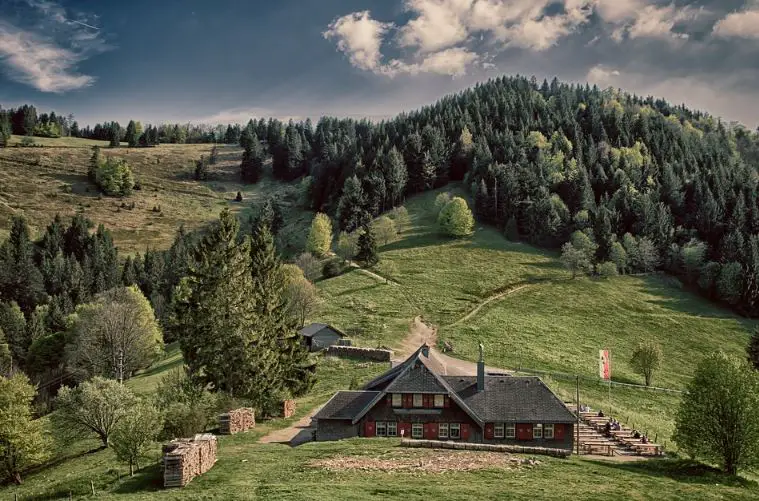How can I explore Germany's contributions to literature?
Post ByAdequate Travel
Summary
Explore the literary world of Germany- from the classical works of Goethe and Schiller to the modern contributions of Hans Fallada and Elias Canetti. Step into a journey of discovery, as we uncover Germany's profound history and enduring influence on literature.1. Goethe's Works
Germany's most renowned literary figure is Johann Wolfgang von Goethe. His works, including "Faust" and "The Sorrows of Young Werther," have had a profound influence on German literature and beyond. Dive into Goethe's works to explore the Romantic era and the themes of human passion and existentialism.
2. Brothers Grimm Fairy Tales
The Brothers Grimm, Jacob and Wilhelm, collected and published numerous fairy tales that have become an integral part of children's literature. Explore their collection, which includes famous stories such as "Cinderella," "Hansel and Gretel," and "Snow White."
3. Thomas Mann's Novels
Thomas Mann is a prominent German author known for his complex and philosophical novels. His masterpiece, "The Magic Mountain," explores themes of time, illness, and human nature. Dive into Mann's works to get a deeper understanding of early 20th-century literature.
4. Hermann Hesse's Prose
Hermann Hesse's novels, such as "Siddhartha" and "Steppenwolf," offer deep introspection and spiritual exploration. His works often explore themes of self-discovery, identity, and the search for meaning in life.
5. Bertolt Brecht's Plays
Bertolt Brecht was a playwright, poet, and director who revolutionized modern theater with his concept of "epic theater." His plays, such as "Mother Courage and Her Children" and "The Threepenny Opera," address social and political issues and incorporate innovative theatrical techniques.
6. Franz Kafka's Prose
Franz Kafka's works, including "The Metamorphosis" and "The Trial," are characterized by their surreal and absurdist elements. Kafka's writings explore themes of alienation, bureaucracy, and the human condition in an unsettling and thought-provoking manner.
7. Günter Grass' Novels
Günter Grass, a Nobel Prize-winning author, is known for works such as "The Tin Drum" and "Cat and Mouse." Grass' novels often combine historical events with imaginative storytelling and satire, providing insights into post-World War II Germany.
8. Rainer Maria Rilke's Poetry
Rainer Maria Rilke's poetic works are celebrated for their introspection, lyricism, and spiritual depth. Dive into his collections, such as "Duino Elegies" and "Sonnets to Orpheus," to explore themes of love, mortality, and the human experience.
9. Friedrich Schiller's Dramas
Friedrich Schiller's plays, such as "William Tell" and "The Robbers," made significant contributions to German classical literature. Schiller's dramas feature themes of heroism, freedom, and morality, reflecting the ideals of the Enlightenment era.
10. Explore Literary Movements
Germany has been at the center of various literary movements throughout history. Research and explore movements such as Sturm und Drang, Expressionism, and the post-war literary scene to understand the diverse contributions of German authors across different periods.
While planning your trip, take note of any travel restrictions that may impact your itinerary, such as limited access to certain regions or attractions.Suggested Questions
- Schloss Favorite, Rastatt: Horror Story, History & Paranomial Activities
- Burg Eltz, Wierschem: Horror Story, History & Paranomial Activities
- Heppenheim Castle, Heppenheim: Horror Story, History & Paranomial Activities
- Hexenturm, Idstein: Horror Story, History & Paranomial Activities
- Hohenzollern Castle, Hechingen: Horror Story, History & Paranomial Activities
- Zitadelle Spandau, Berlin: Horror Story, History & Paranomial Activities











